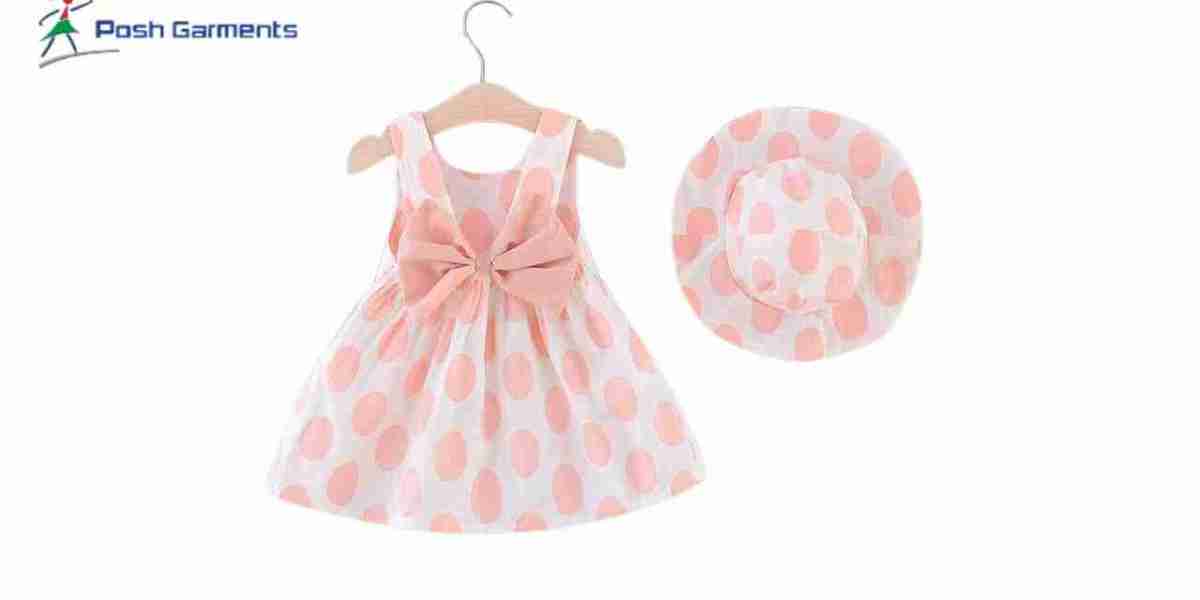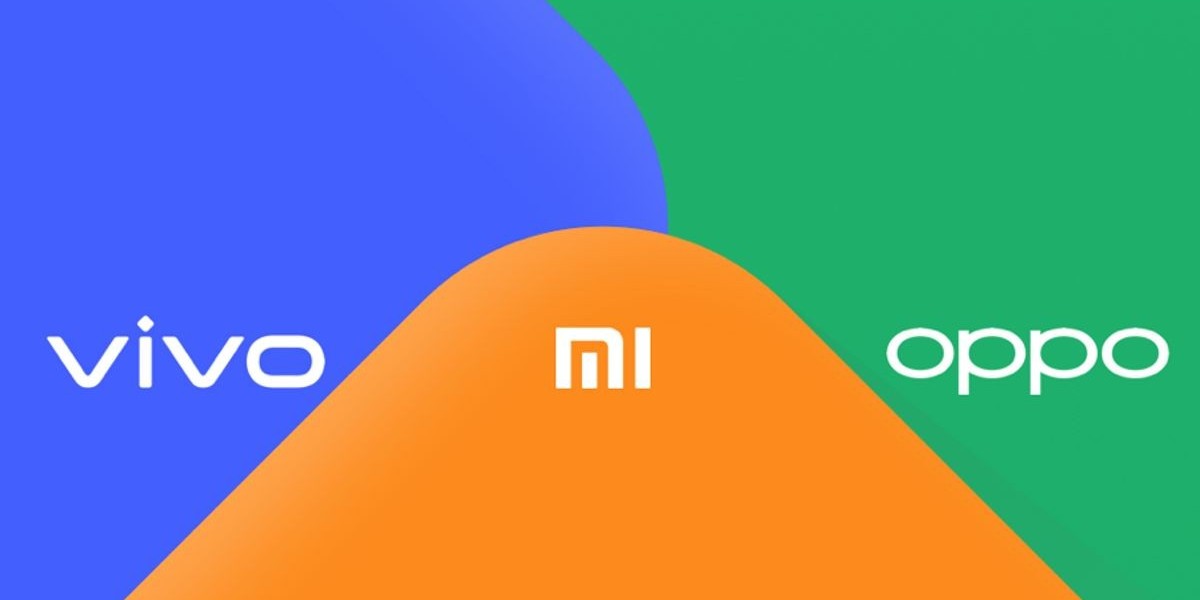The Bangladesh clothing manufacturing industry has evolved into a global leader, offering high-quality, cost-effective garment solutions to some of the world’s top fashion brands. As the industry continues to grow, so does the interest of global retailers and startups in establishing partnerships with manufacturers in the region.
Understanding the Bangladeshi Apparel Market
Historical Growth
Bangladesh's journey into the apparel industry began in the late 20th century, and it has since grown into the world’s second-largest exporter of ready-made garments.
Strengths of Local Manufacturers
Bangladeshi factories are known for their specialization in knitwear, woven garments, denim, and uniforms. Many suppliers offer end-to-end solutions, including design assistance, fabric sourcing, and finishing services.
Evaluating Production Capabilities
Scale and Output
When assessing a potential partner, it’s essential to evaluate their monthly output, workforce size, and facility capabilities. Larger manufacturers are ideal for bulk orders, while mid-sized ones may offer more flexibility for custom or lower-MOQ projects.
Specialties and Product Types
Manufacturers in Bangladesh often specialize in specific categories, such as casualwear, activewear, or uniforms. Some bangladesh clothing manufacturers have expanded their offerings to include sustainable fashion, technical garments, and private label services.
Quality Assurance and Control
Checks and Balances
A reliable manufacturer should follow a comprehensive quality assurance protocol, from raw material inspection to final garment checks. Third-party audits are often encouraged for added assurance.
Certifications
Look for internationally recognized certifications such as ISO, WRAP, BSCI, SEDEX, and OEKO-TEX. These indicate a commitment to global standards in production and labor practices.
Cost Considerations
Affordable Manufacturing
One of the biggest advantages of sourcing from Bangladesh is its competitive pricing. Lower labor costs and government incentives make it an attractive option for both small and large brands.
Quality vs. Cost
While cost is important, avoid compromising quality. Balance your budget with realistic expectations and request samples to evaluate workmanship before committing to a large order.
Ethical and Sustainable Practices
Importance of Ethics
Ethical manufacturing is a growing priority for consumers and brands. Partner with manufacturers that provide safe working environments and fair wages.
Sustainability Commitments
Many factories are now investing in green technology, water conservation, and eco-friendly fabrics. Some are LEED-certified and maintain zero-waste policies to support environmental goals.
Communication and Cultural Considerations
Language and Clarity
English is widely used in business, but clarity and simplicity in communication go a long way. Use detailed tech packs and confirm all design specifications upfront.
Business Etiquette
Understanding local customs can enhance collaboration. Establishing strong relationships based on respect and consistency leads to more productive long-term partnerships.
Logistics and Supply Chain Management
Shipping and Delivery
Bangladesh offers efficient port facilities and established logistics networks. Clarify lead times, Incoterms, and delivery terms in your contract to avoid delays.
Inventory and Timelines
Plan for seasonal delays and holidays. Maintain buffer stocks and clear schedules to manage inventory flow smoothly.
Case Studies and Success Stories
Global Retailers
Many major global retailers, including H&M, Zara, and Gap, source their garments from Bangladesh. These brands work with vetted suppliers that meet strict quality and compliance benchmarks.
Boutique Brands
Smaller fashion startups have also found success by working with flexible mid-sized manufacturers that offer design collaboration and low MOQs, allowing for quicker market testing and scalability.
Conclusion
Partnering with Bangladeshi clothing manufacturers offers significant benefits in terms of pricing, quality, and production capabilities. However, it requires due diligence and strategic planning.
By evaluating production capacity, ensuring compliance, and building strong communication channels, brands can secure reliable partners that align with their vision and values.








